Japan condemns Russia nuclear threat on Hiroshima anniversary
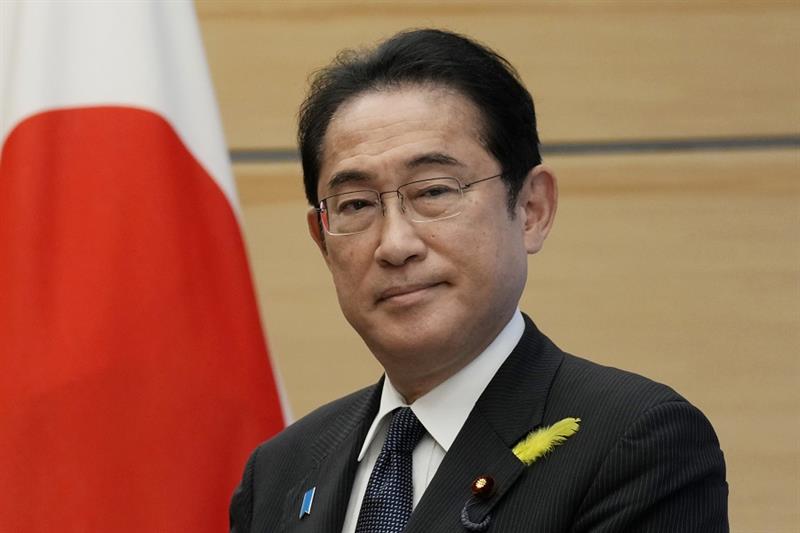
TOKYO, Aug 6: Japan's prime minister hit out at Russian threats to use nuclear weapons as the country marked the 78th anniversary of the atomic bombing of Hiroshima on Sunday.
Around 140,000 people died in Hiroshima on August 6, 1945, and 74,000 in Nagasaki three days later, when the United States dropped atomic bombs on the two Japanese cities days before the end of World War II.
"Japan, as the only nation to have suffered atomic bombings in war, will continue efforts towards a nuclear-free world," Prime Minister Fumio Kishida said at a ceremony in Hiroshima.
"The path towards it is becoming increasingly difficult because of deepening divisions in the international community over nuclear disarmament and Russia's nuclear threat," he said. "Given this situation, it is all the more important to bring back international momentum towards realisation of a nuclear-free world," he said.
"Devastation brought to Hiroshima and Nagasaki by nuclear weapons can never be repeated," said Kishida, whose family comes from Hiroshima.
Kishida's comments echoed those of UN chief Antonio Guterres, who issued a statement on the Hiroshima anniversary saying that "some countries are recklessly rattling the nuclear sabre once again, threatening to use these tools of annihilation."
"In the face of these threats, the global community must speak as one. Any use of nuclear weapons is unacceptable," Guterres said. At the ceremony, thousands of people -- survivors, relatives and foreign dignitaries from a record 111 countries -- prayed for those killed or wounded in the bombing and called for world peace.
Hiroshima did not invite Russia or Belarus to the ceremony for the second-straight year because of the Ukraine crisis. Participants, many dressed in black, offered a silent prayer at 8:15 am (2315 GMT Saturday) when the first nuclear weapon used in wartime was dropped. Kishida hosted the G7 summit in the city earlier this year. Kishida has tried to move nuclear disarmament up the global agenda, having taken leaders of wealthy democracies to Hiroshima's peace park memorials and museum.
However, there is little appetite for reducing stockpiles with Russia repeatedly issuing thinly veiled warnings that Moscow could use nuclear weapons in Ukraine, as well as repeated North Korean missile tests and stalling efforts towards non-proliferation.
Earlier this month, more than 100 medical journals across the world issued a rare joint call for urgent action to eliminate nuclear weapons, warning that the threat of nuclear catastrophe was "great and growing."
(RSS/AFP)


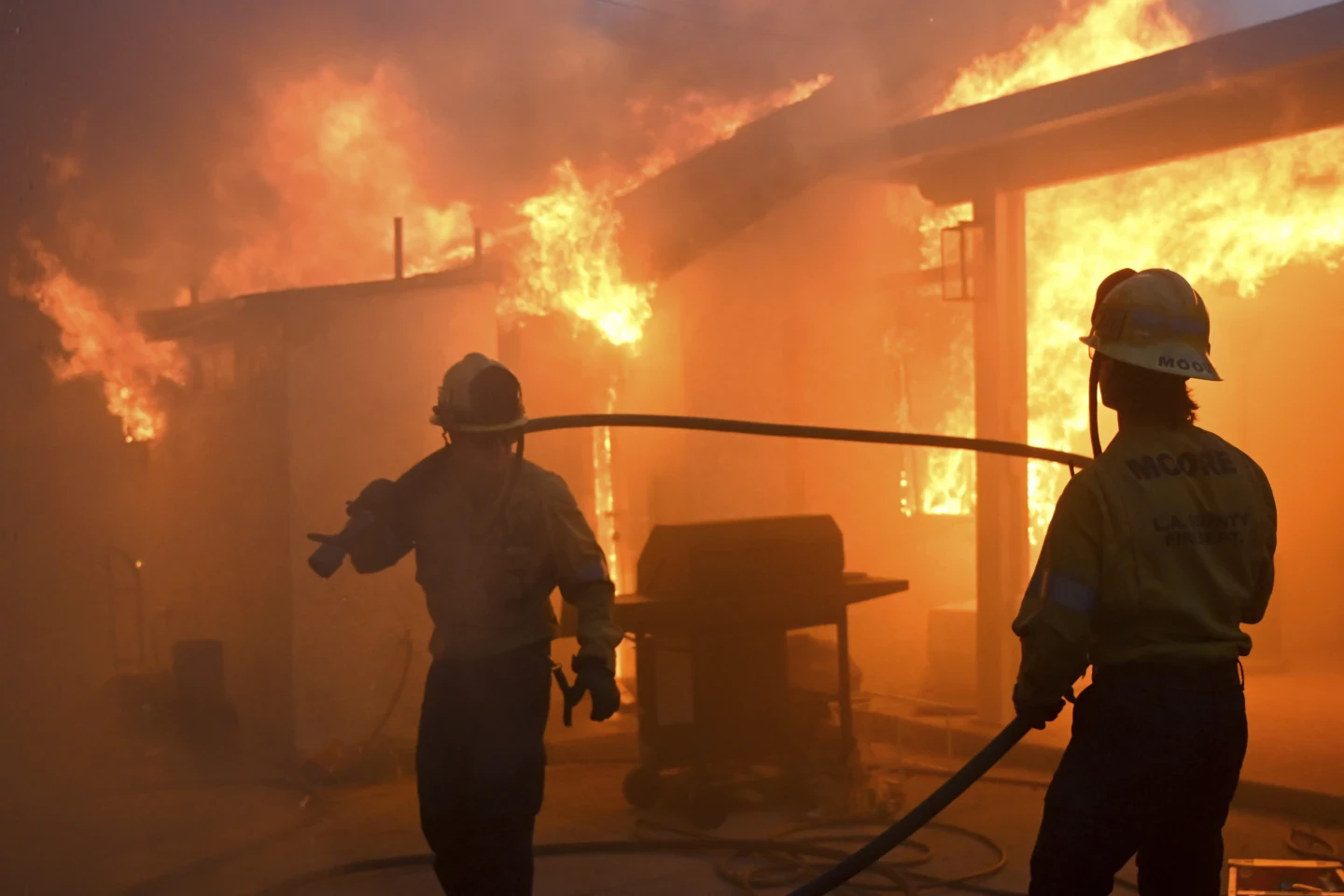
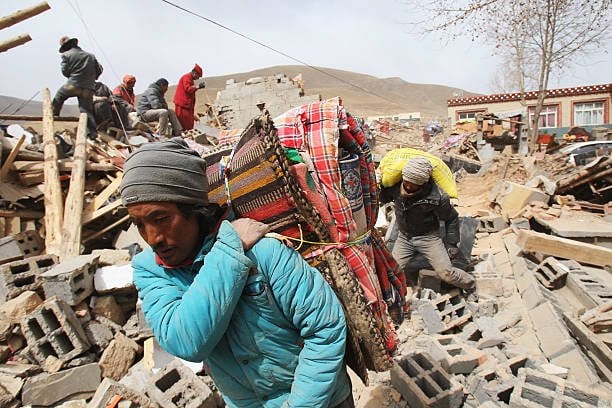
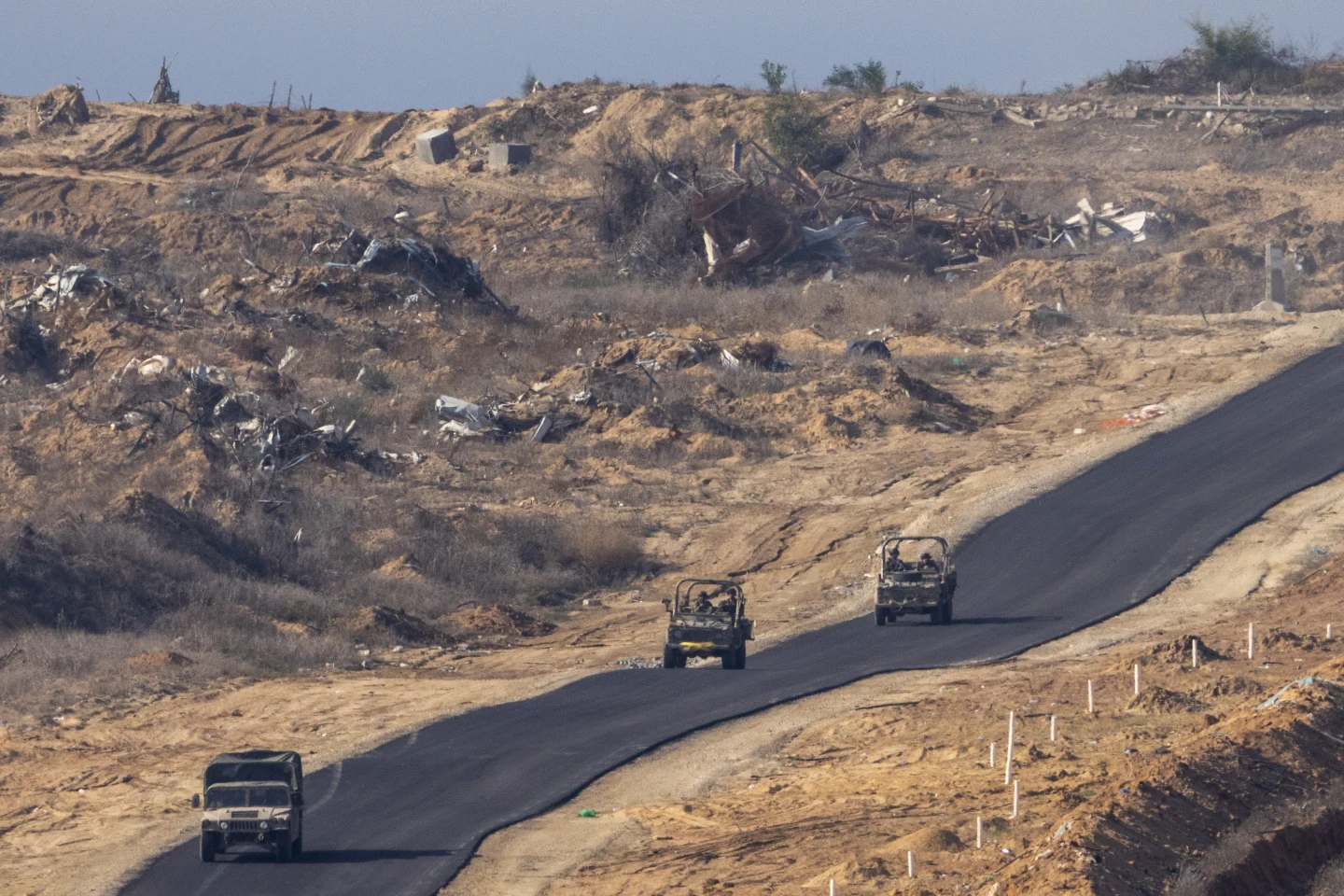
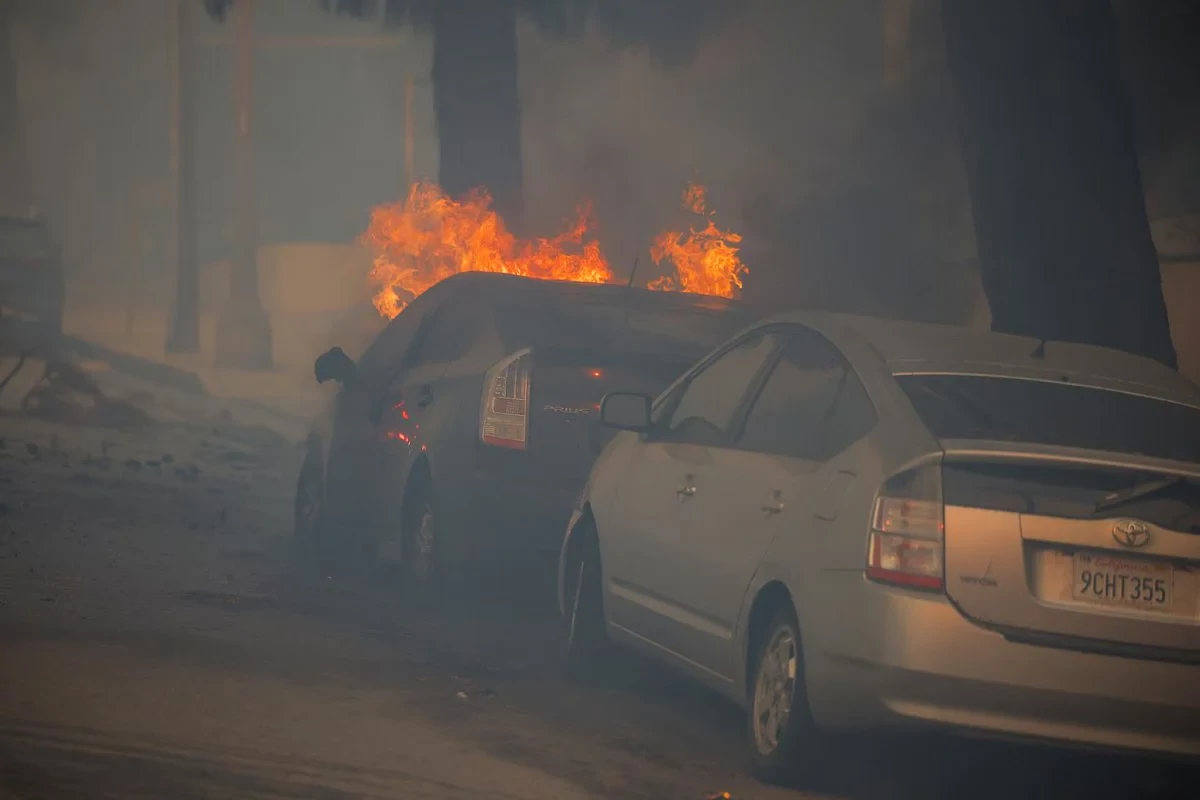
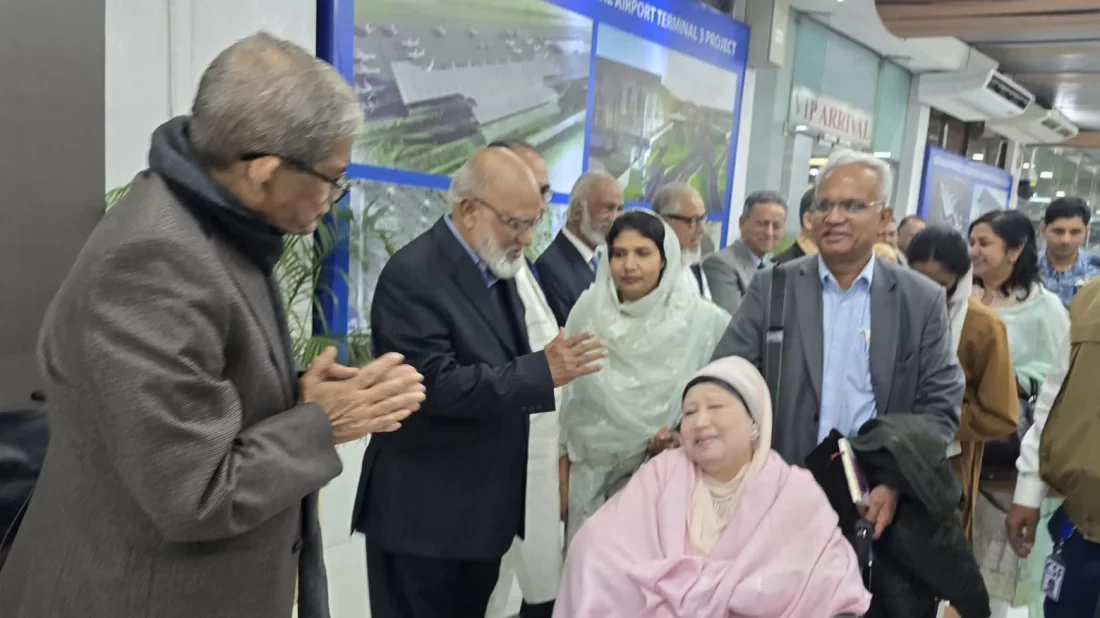
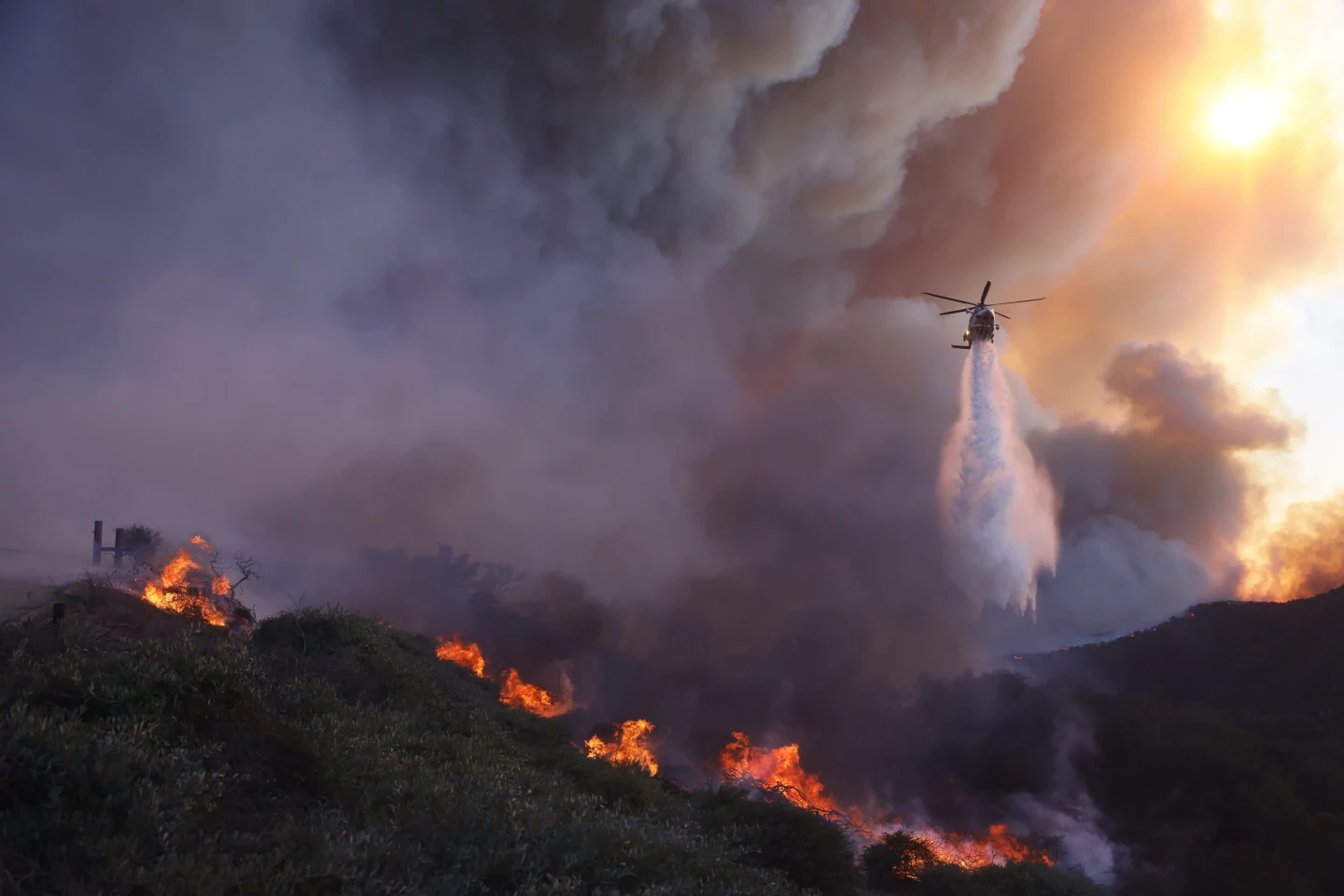
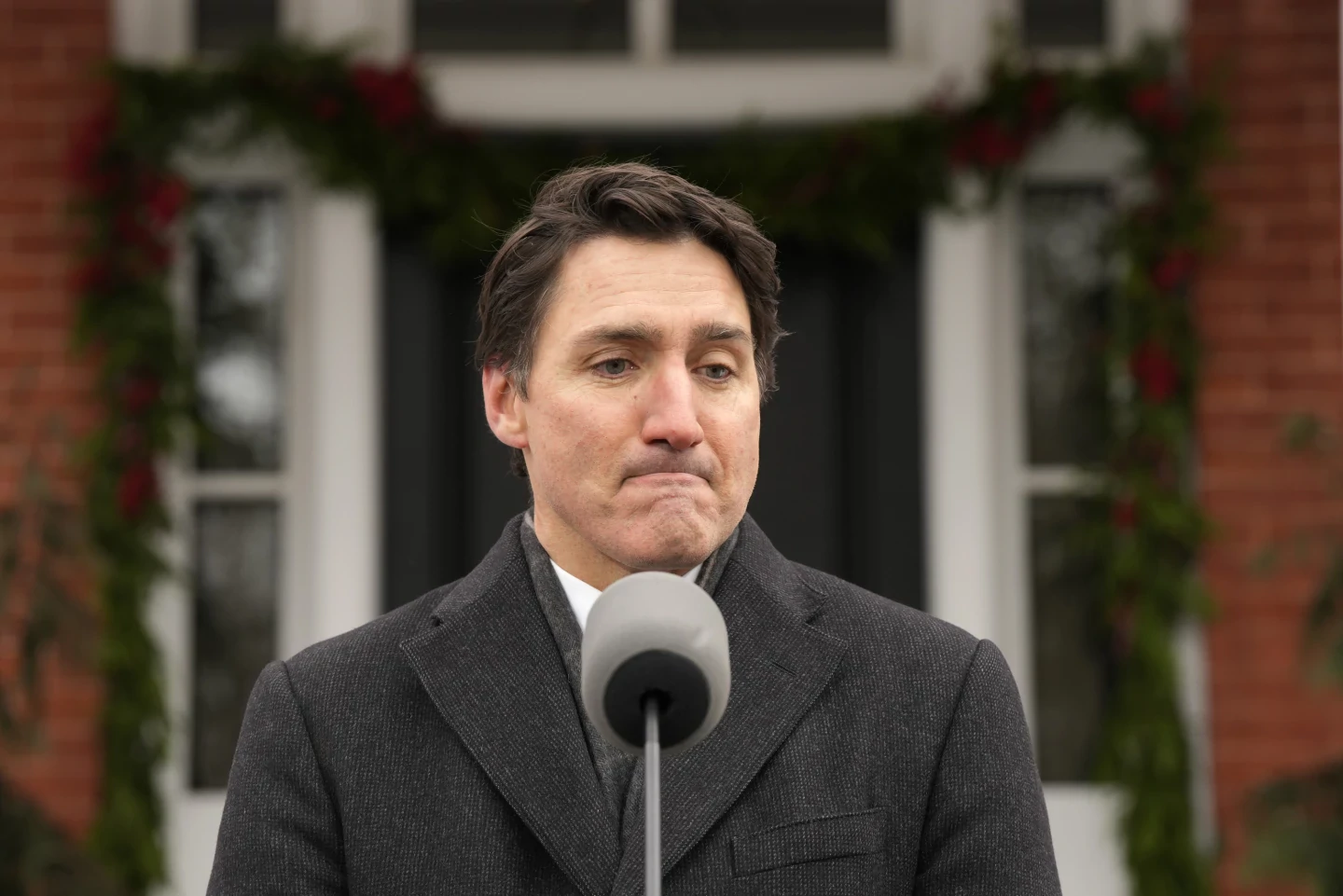
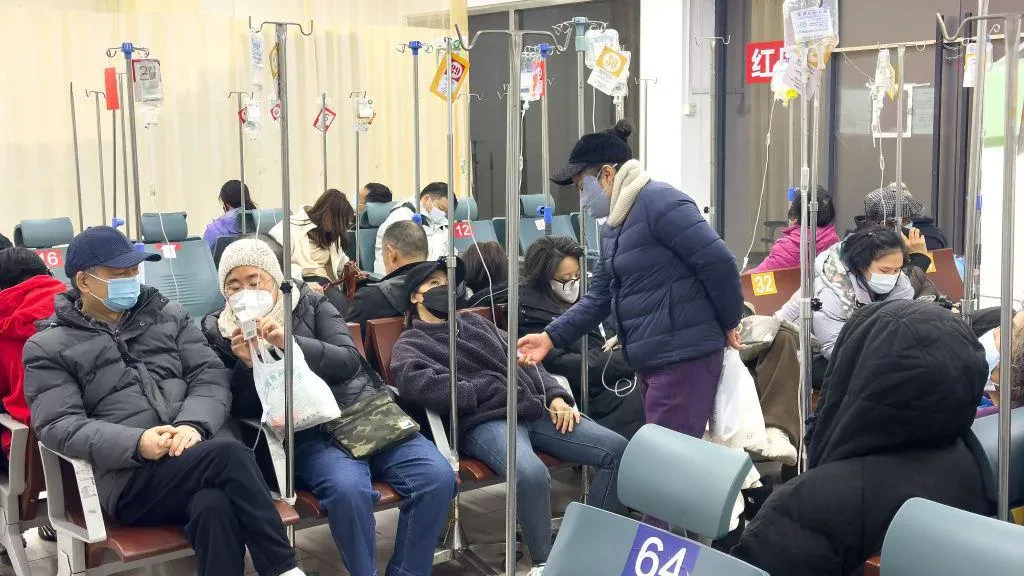
Leave Comment